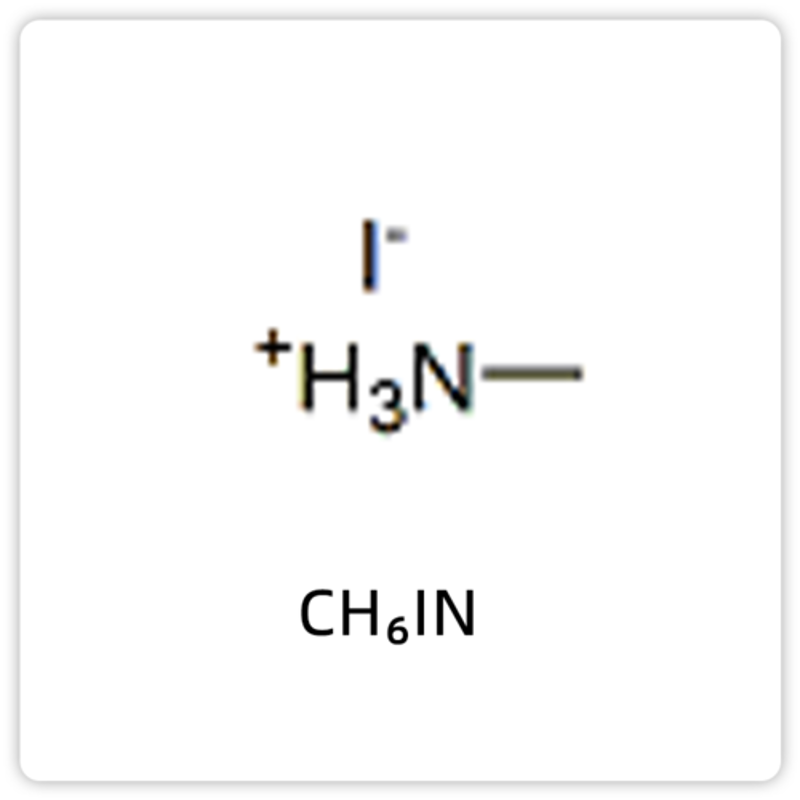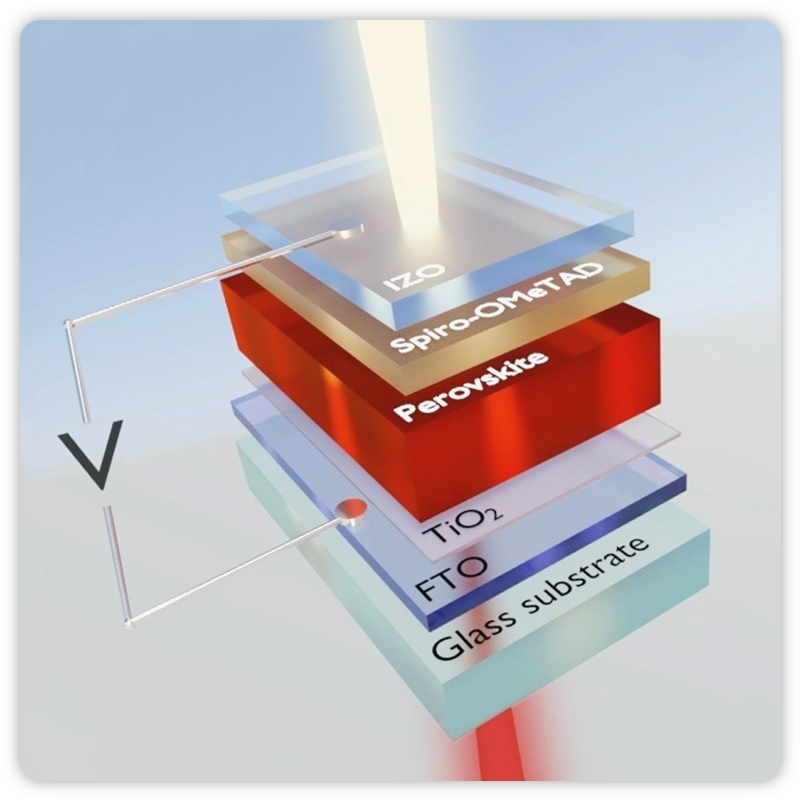The malignant protein behind Parkinson's may protect the human gut
-
Last Update: 2020-12-09
-
Source: Internet
-
Author: User
Search more information of high quality chemicals, good prices and reliable suppliers, visit
www.echemi.com
most of the Louisian body formed by alphaS proteins. Louis is a pathological marker of Parkinson's disease.
photo Source: Lysia Forno/Science Source
The iconic brain injury in Parkinson's disease is considered a "masterpiece" of a misfolded malignant protein. The protein spreads between different brain cells like an infectious disease. Now, researchers have found that the normal form of the protein (alphaS) actually or can protect the intestines from intruders by pooling key immune cells. However, if alphaS migrates from overburdened nerve fibers in the intestinal wall to the brain, chronic intestinal infections could eventually lead to Parkinson's disease, scientists say.
" intestinal-brain immune axis seems to be at the moment of new insights. This work provides an unusually exciting new hypothesis. Charles Bevins, an intestinal immunologist at the University of California, Davis, who was not involved in the study, said.
function of alphaS has always been a mystery. Although studies have found that the protein builds up toxic lumps in the brains and gut nerves of people with Parkinson's disease, no one is sure what it does in healthy people. Michael Zasloff, an immunologist at Georgetown University Medical Center in Washington, noted that an area of the alphaS molecule has similar behavior to small proteins that target microorganisms and are part of the body's immune defenses, so he set out to see if alphaS might also help block microbial invaders.
To determine whether alphaS really played a role in the intestinal immune defenses, Zasloff and Ethan Stolzenberg and colleagues from the University of Oklahoma's Center for Health Sciences spent nine years collecting and analyzing biopsy specimens from 42 children who were unlikely to develop Parkinson's disease. The heteoscope is the first part of the intestine, where nerve fibers usually rarely produce alphaS. In fact, the early stages of Parkinson's disease do not occur until adulthood. These children suffer from abdominal pain, diarrhea, vomiting and other gastrointestinal symptoms, as well as intestinal inflammation visible under a microscope. Scientists have found that alphaS proteins do appear in nerve fibers in the inflamed intestine. At the same time, the more inflammation in the intestines, the more alpha S the team found.
, however, is alphaS the cause or effect of inflammation? To illustrate the problem, the researchers instead analyzed biopsy samples from 14 children and two adults. All of them received intestinal transplants, followed by infection with novak virus, a common intestinal pathogen. For most subjects, the presence of alphaS during infection was significant. Of the nine patients who had their intestines biopsed before, during and after the infection, four had alphaS protein in their bodies that appeared only during the infection, not before the infection. Zasloff speculates that five patients who developed alphaS before infection responded to another pre-existing viral infection.
next step, scientists want to know if alphaS protein acts as a "magnet" for inflammatory cells. In laboratory Petri dish trials, they found that alphaS strongly attracted white blood cells that appear in acute and chronic inflammation, both in normal configurations and in large amounts of misfolded proteins found in Parkinson's disease. They also found that both forms of alphaS activate detryptive cells. This produces persistent immunity by presenting a small number of foreign invaders to the lymphocytes. Lymphocytes are white blood cells that "remember" specific microbial invaders and respond effectively to subsequent invasions. By exposing immature dedritic cells to alphaS for 48 hours in a row, the team found that the more alphaS, the more degenerate cells were activated. All in all, the data show that alphaS produced by nerve fibers in the intestinal wall is the cause of intestinal inflammation, not the effect. The researchers reported the
in a recently published paper. "This finding tells us that the nervous system of the gut may play an important role in both health and disease." Zasloff said.
authors suggest that people with multiple copies of the genes that guide alphaS production will inevitably develop Parkinson's disease. Essentially, the production of this protein overrives the body's ability to clean it up and then forms toxic lumps that cause Parkinson's disease. They also believe that repeated acute or chronic intestinal infections lead to a simultaneous increase in alphaS numbers.
Kranevel, an immunopsypoly pharmacologist who studied the intestinal-brain axis at the University of Ulysses in the Netherlands, said the findings in the paper were "exciting." "This is the first study to show that proteins that are very relevant to Parkinson's disease induce immune responses. It opens up many avenues for new research. Kranevel said.
, david Beckham, a neurovirologist and physician at the University of Denver, is cautious. "AlphaS may play a role in helping neurons fight infection." But existing studies are not enough to prove that this is the cause of inflammation, not the effect, Beckham said. (Source: Science Network Zonghua Compilation)
This article is an English version of an article which is originally in the Chinese language on echemi.com and is provided for information purposes only.
This website makes no representation or warranty of any kind, either expressed or implied, as to the accuracy, completeness ownership or reliability of
the article or any translations thereof. If you have any concerns or complaints relating to the article, please send an email, providing a detailed
description of the concern or complaint, to
service@echemi.com. A staff member will contact you within 5 working days. Once verified, infringing content
will be removed immediately.







